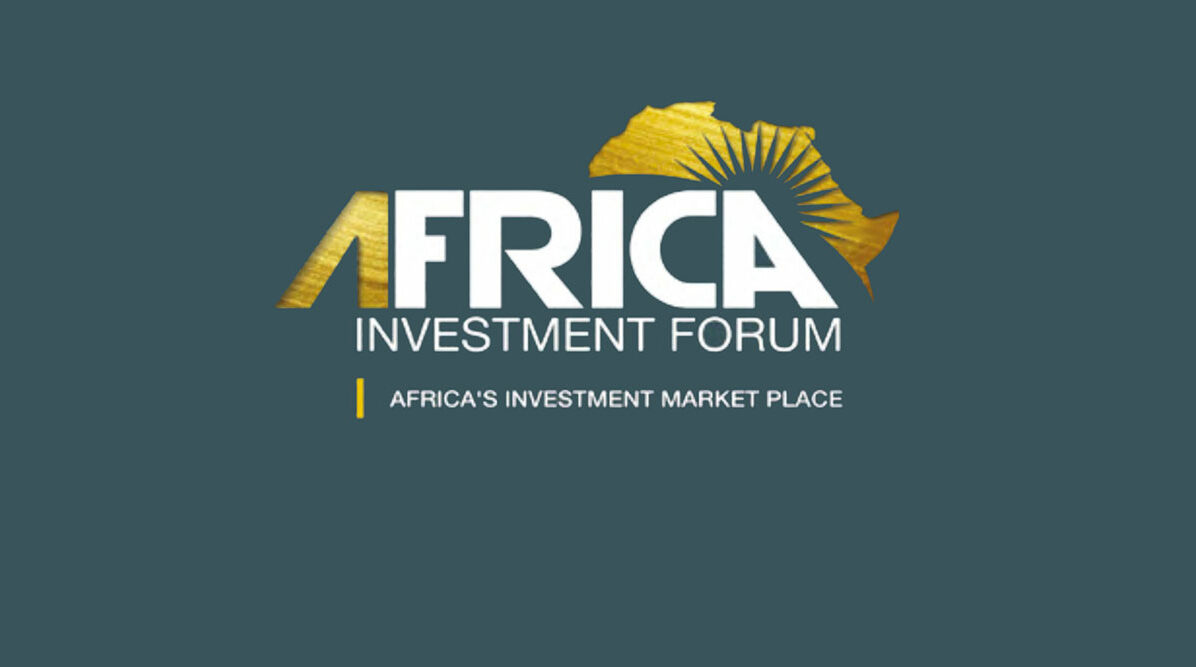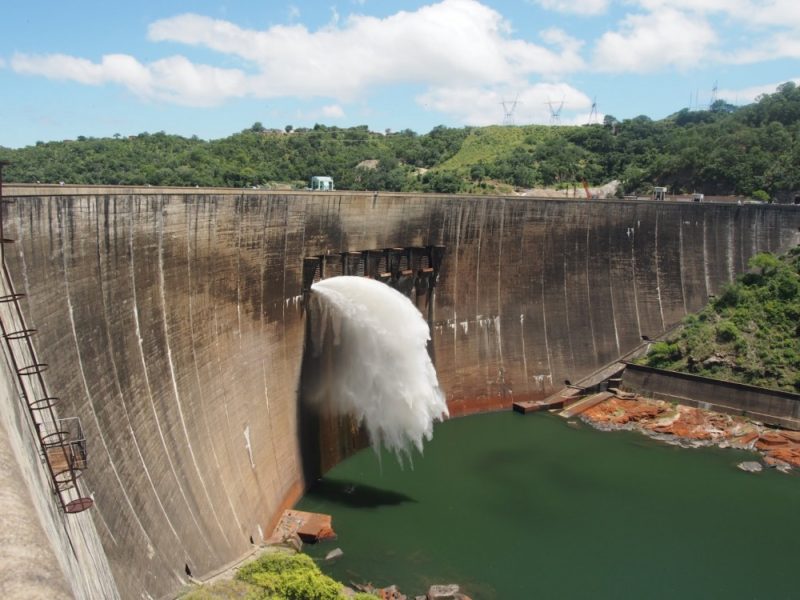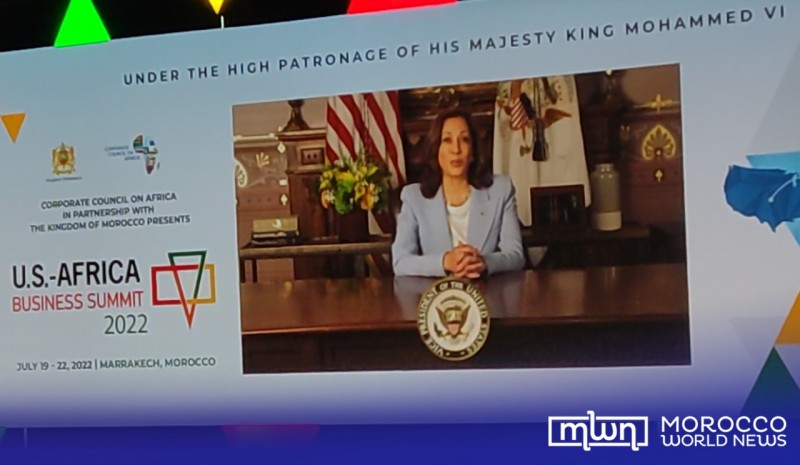This year’s African Investment Forum (AIF), the continent’s premier investment platform, attracted a record $63.8bn in investment pledges for infrastructure projects, but experts warn of historically low success rates in bringing projects into fruition.
The vast networking event brings together African entrepreneurs, decision-makers, bankers. In 72 hours, the African Development Bank (AfDB) and its partners managed to mobilize $31bn in investment interest from African and global investors and combined with $32.8bn from the rescheduled 2021 AIF held virtually in March this year the forum has doubled its capital mobilization with a total of $63.8 billion of investment interest in 2022.
Since its first edition, the AIF has had a reputation for mobilizing vast sums of capital for big infrastructure projects across the continent, such as the $24bn LNG Project of Mozambique, the $15.6bn Lagos-Abidjan Highway, or the $2.6bn Ai SkyTrain in Accra.
This year, the AIF’s mission took place in a tense business climate as the continent is severely impacted by the current economic crisis. According to the IMF’s latest figures, sub-Saharan Africa’s GDP is expected to slow sharply by more than 1% point in 2022 due to tighter global financial conditions and a dramatic pickup in inflation. Despite these strong challenges, African multilateral banks shrugged off the continent’s rickety recovery from Covid-19 and the global cost of living crisis.
“Africa is no different from the rest of the world when it comes to the global challenges we face today,” admits Akinwumi A. Adesina, AfDB President. “But I do feel that African economies are quite resilient. If you take a look at the African Investment Forum that we held here, I saw a lot of enthusiasm.”
However, to attract the private sector, the continent needs to fix its ‘infrastructure paradox,’ which sees only a few percent of the projects initiated reach financial close. According to a recent McKinsey report, “less than 10% of projects achieve financial close, with 80% failing at the feasibility and business-plan stage.” “This low success rate represents a significant financial burden for infrastructure developers. For the six largest infrastructure markets in Africa, we estimate that the development costs of just the projects in the feasibility-study phase amounted to $30 billion,” says the report. Exactly the amount raised in investment interest at this year’s AIF.



